Many opinions at the workshop also suggested that for tax compliance to be elevated to a "culture," the key factor is that policies must be clear, easy for people to comply with, and reduce the burden of procedures. In particular, there needs to be a mechanism to encourage and differentiate between those with a history of good compliance and those who do not.
Policy transparency, simplified procedures.
Deputy Director of the Tax Department Mai Son emphasized that voluntary compliance is an "indicator of trust." Accordingly, a national financial system is only sustainable when citizens believe that their tax money is used transparently and for the common good, such as social welfare policies, health insurance, education, etc.
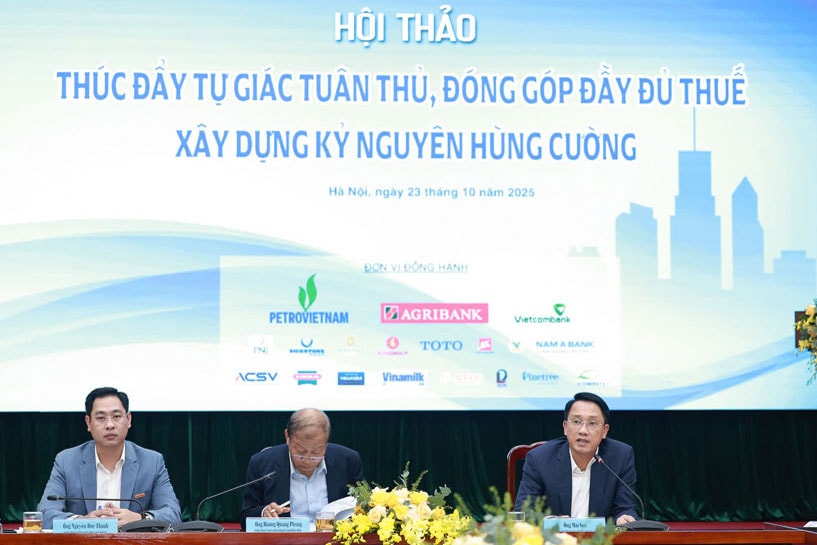
Agreeing with this viewpoint, Phan Duc Hieu, a full-time member of the National Assembly's Economic Committee, argued that compliance with the law should be elevated to a "culture." To achieve this, Mr. Hieu pointed out key factors: policies must be clear and easy for citizens to comply with, minimizing procedural burdens. In particular, there needs to be a mechanism to encourage and differentiate between those with a history of good compliance and those who do not.
Sharing their views at the workshop, experts and managers unanimously agreed that to encourage voluntary compliance, policies and procedures must first be simple, transparent, and fair. One of the most fundamental changes being implemented by the tax sector is the official abolition of the lump-sum tax for business households from January 1, 2026.
According to Deputy Head of the Tax Department's Professional Affairs Division, Le Thi Chinh, this is an important step towards a declaration-based method, built on the principle of "trusting" taxpayers to self-declare and self-pay taxes based on actual revenue generated. This new method has three outstanding advantages: Simplicity (easy-to-understand formulas), Transparency (data verified through electronic invoices), and Predictability (helping business households plan their finances independently). The positive shift is evident, with over 18,500 households using the lump-sum tax system switching to declaration-based methods in the first nine months of 2025, and 98% of those using declaration methods already paying taxes electronically.
From an international perspective, IMF senior economist Frank Van Brunschot stated that Vietnam's tax-to-GDP ratio in 2024 is 13.1%, lower than the recommended 15-16% to support sustainable growth. He emphasized that to mobilize revenue, the role of tax authorities is extremely important, focusing on improving compliance and expanding the tax base, rather than simply increasing tax rates.
Technology and media promote a culture of voluntary compliance.
If transparent policies are a "necessary" condition, then smart technology and effective communication are "sufficient" conditions to promote a culture of voluntary compliance. According to Deputy Director of the Tax Department Mai Son, the tax sector is undergoing four phases of reform, with e-taxation as the foundation. The goal is to build a multi-sectoral interconnected database (banking, customs, industry and trade, etc.), ensuring that the data is "accurate, clean, and active." From there, the system can "suggest tax declarations," making it easier for taxpayers to declare and pay taxes. The tax sector is also applying new technologies such as AI and Big Data to analyze risks, and plans to deploy a next-generation tax management system from 2026.

From the business perspective, Bui Thi Trang, Director of Retail Solutions at MISA, stated that technology makes compliance "natural." With automated reminders, data aggregation, and declaration generation, taxpayers will find it "easy" and "will do it." Therefore, Trang proposed that the tax authorities allow direct connection of businesses' software with bank payment gateways so that taxpayers can pay taxes directly through a single application.
Many opinions also agreed with the view that, in the current context, tax compliance is not only a responsibility but also a competitive advantage. Mr. Bui Ngoc Tuan, representative of Deloitte Vietnam, stated that the global trend views tax compliance as a "commitment to transparency and social responsibility." Large corporations have shifted from "compliance" (level 1) to "risk management" (level 2) and "strategy" (level 3). They view tax data as a "strategic asset," using AI to forecast risks and optimize cash flow. This is the mindset that Vietnamese businesses need to strive for.
On behalf of the tax sector, Deputy Director of the Tax Department Mai Son acknowledged all the insightful contributions from experts and businesses, affirming that the workshop took place at a time when the tax sector is amending the Law on Tax Administration and building a new information technology system. This is an opportunity for the entire sector to review, evaluate, and improve all operational processes to meet the requirements of comprehensive reform and deep integration of Vietnam in the global context – in line with the standards of the IMF, World Bank, and OECD.
The tax sector is well aware that, despite significant efforts, there are still areas that need improvement. Therefore, redesigning a modern tax management model, integrated with data infrastructure and digital technology, is a crucial step to enhance management efficiency and ensure synchronous connection with the national database, aiming towards big data sharing among government agencies. The ultimate goal is not only to better serve tax management but also to create a fair and transparent business environment, foster sustainable revenue sources, and contribute to the country's major goals such as social welfare, infrastructure development, and strengthening national potential.
Source: https://daibieunhandan.vn/thuc-day-tu-giac-tuan-thu-dong-gop-day-du-thue-10393036.html







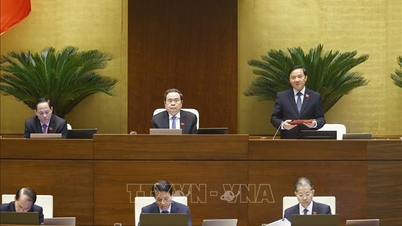

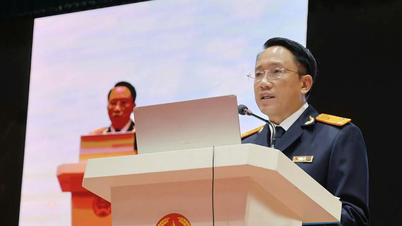

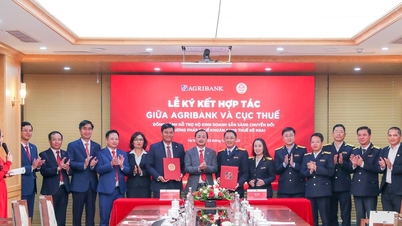
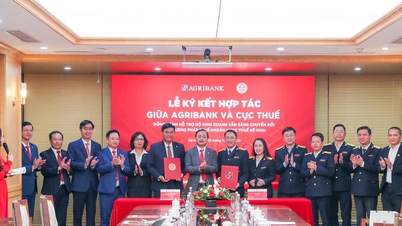

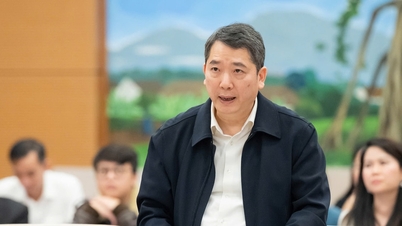








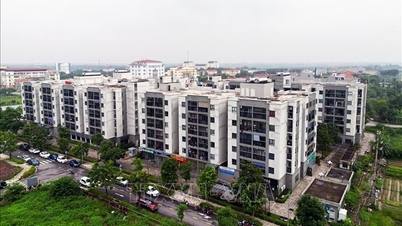












![[Photo] Prime Minister Pham Minh Chinh holds a phone call with the CEO of Russia's Rosatom Corporation.](/_next/image?url=https%3A%2F%2Fvphoto.vietnam.vn%2Fthumb%2F1200x675%2Fvietnam%2Fresource%2FIMAGE%2F2025%2F12%2F11%2F1765464552365_dsc-5295-jpg.webp&w=3840&q=75)












































































Comment (0)